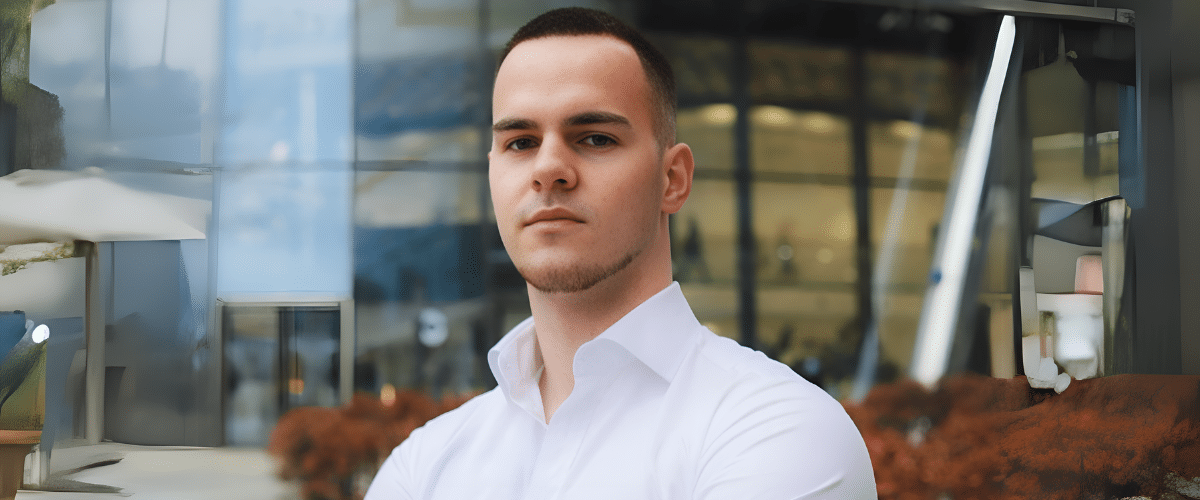By: Jeremy Prevost
Home maintenance has significantly transformed in recent years, moving from the traditional, manual-intensive tasks to a more sophisticated, technology-driven approach.
Gone are the days when homeowners solely relied on their local handyman for repairs and upkeep. The sector is evolving rapidly, reflecting broader technological shifts, consumer preferences, and environmental consciousness.
Let’s delve into these transformations and explore the key trends shaping home services’ future.
Technological Advancements Revolutionizing Home Maintenance
Technology has been a game-changer in the home maintenance sector, pushing the global smart home market from $78.3 billion in 2020 to an anticipated $135.3 billion by 2025, with a compound annual growth rate (CAGR) of 11.6%. This surge reflects the increasing adoption of smart home devices, including those used for home maintenance.
Smart thermostats, security cameras, and automated lighting systems are at the forefront of this revolution, representing just the beginning of what’s possible in the tech-infused innovation sector.
These innovations enhance home comfort and security and facilitate preventative maintenance. For example, smart sensors can detect issues like water leaks or electrical faults before they escalate, saving homeowners time and money.
Plus, getting your home maintenance sorted is easier than ever, thanks to apps and online platforms. Customers can now book, track, and manage home maintenance services with a few clicks on their smartphones. This digitalization has increased transparency, efficiency, and customer satisfaction, setting new standards in the industry.
Shifting Consumer Preferences Influencing Service Delivery
Today’s consumers are more informed, demanding, and environmentally conscious. They expect quality, reliability, sustainability, and eco-friendliness in the services they receive. Research indicates that 65% of consumers prefer to buy from environmentally sustainable businesses.
This shift in consumer preferences is pushing home service providers to rethink their strategies and offerings. For instance, there’s a growing trend toward using eco-friendly materials and practices in home repairs and renovations. These include the adoption of energy-efficient appliances, utilization of native landscaping, installation of solar panels, and various other sustainable methods.
Companies prioritizing these green initiatives contribute to environmental conservation and attract a larger segment of eco-conscious customers.
People these days also want personal services made just for them. They prefer service providers who understand their unique needs and can offer customized solutions. This demand for personalization is driving service providers to adopt more customer-centric approaches, leveraging data and analytics to tailor their services and enhance customer experiences.
Industry Innovations Paving the Way for the Future
Innovation in the home services sector isn’t just about adopting new technologies; it’s about reimagining how services are delivered and experienced.
One significant trend is integrating artificial intelligence (AI) and machine learning (ML). These technologies transform service efficiency and effectiveness, from predictive maintenance to intelligent customer service chatbots.
Adding to the mix is the concept of ‘servitization.’ This involves transforming traditional product offerings into comprehensive service solutions.
For example, instead of selling a heating, ventilation, and air conditioning (HVAC) system as a standalone product, companies are offering it as part of a service package that includes installation, maintenance, and upgrades. This shift towards service-based models creates more value for customers and opens new revenue streams for providers.
The rise of the gig economy is another trend impacting the home services sector. With platforms like TaskRabbit and Handy, freelance professionals can offer their skills to homeowners needing specific services. This flexibility benefits both service providers and customers, offering a more scalable and on-demand approach to home maintenance.
Staying Ahead of the Curve
To succeed in this evolving landscape, home service providers must stay ahead of the curve when catering to customer demands. This means adopting the latest technologies and understanding and anticipating customer needs. Providers should focus on building strong customer relationships, delivering personalized experiences, and maintaining a commitment to quality and sustainability.
Education and training are also crucial. Service professionals must continually update their skills and knowledge as new technologies and practices emerge. Investing in employee training can ensure that a company stays on top of its game and meets its customers’ high expectations.
Working together with others, especially tech companies, is another smart move. These partnerships give service providers new tools and ways to improve their services and work more smoothly.
Final Words
The home services sector is at an exciting juncture, characterized by rapid technological advancements, shifting consumer preferences, and innovative business models. For residential service providers, this represents both a challenge and an opportunity.
By embracing change, focusing on customer needs, and investing in technology and talent, they can navigate the complexities of the modern marketplace and build a successful, sustainable future. The journey is about more than just maintaining homes; it’s about creating value, enhancing lifestyles, and shaping the future of home living.
Author’s Bio:
Jeremy Prevost is currently the CEO/Founder of Tucker Hill Air, Plumbing, and Electric, specializing in HVAC, plumbing, and electrical services. With a proven track record in entrepreneurship, business evaluations, and best practices, he has founded and sold various businesses in the home service industry, including Greenstar Home Services, Blue Apple Electric, Roger the Plumber, and 4 Eco Services. His professional journey includes casino marketing and C-level home services roles, culminating in companies’ successful growth, development, and sales. Prevost has steered Tucker Hill to establish a significant presence in Phoenix, Arizona. Beyond his business vision, he actively is an engaged father who is dedicated to his daughter.
Published by: Holy Minoza










